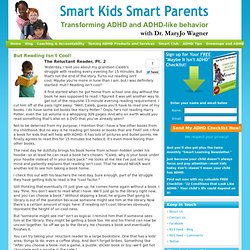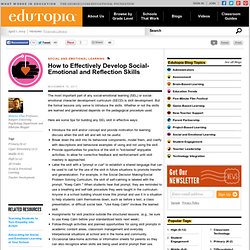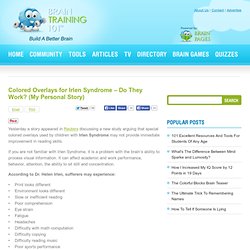

Smart Kids Smart Parents. Yesterday, I told you about my grandson Caleb's struggle with reading every evening for 15 minutes.

But that's not the end of the story. Turns out reading isn't cool. Maybe you're more in tune than I am, but I was definitely startled. Huh? Reading isn't cool? It first started when he got home from school one day without the book he was supposed to read. Not to be deterred from my purpose, I mention that I have a few other books from my childhood.
The next day he dutifully brings his book home from school--hidden under his hoodie--so at least he can read a book he's chosen. I check this out with his teachers the next day. Still thinking that eventually I'll just give up, he comes home again without a book. But "someone might see me" isn't as logical. You can try taking your reluctant reader to a large bookstore. Please leave us a comment. Researchers debate gaming’s effects on the brain. Bavelier and Green also wrote there’s no black-and-white answer to the question of whether video games improve cognitive function because there are millions of games and hundreds of genres that can be played on various devices including computers, consoles, and cell phones.

“Simply put, if one wants to know what the effects of video games are, the devil is in the details,” they wrote. Two more scientists questioned by the journal also cited studies showing positive results. Two others wrote that effects on the brain and behavior are “uncertain” and that studies have not generally showing gaming enhances higher level reasoning. Duke University cognitive neuroscientist Marty Woldorff said he falls in the middle between Boot and Bavelier. He said some of her findings have been replicated but others have not. “The jury is still out,” Woldorff said. See also:The Science of Learning: How current brain research can improve educationCan gaming change education? Reference: Knowledge Management: Knowledge Creation: Brainstorming: Software. Teachers as Brain-Changers: Neuroscience and Learning. Nine Stubborn Brain Myths That Just Won't Die, Debunked by Science.
Home. How to Effectively Develop Social-Emotional and Reflection Skills. The most important part of any social-emotional learning (SEL) or social-emotional character development curriculum (SECD) is skill development.

But the formal lessons only serve to introduce the skills. Whether or not the skills are learned and generalized depends on the pedagogical procedure used. Here are some tips for building any SEL skill in effective ways: Introduce the skill and/or concept and provide motivation for learning; discuss when the skill will and will not be useful. Break down the skill into its behavioral components, model them, and clarify with descriptions and behavioral examples of using and not using the skill.
We have found great benefit in concluding each SECD topic or set of related lessons with a Reflective Summary. "Ask students to reflect on the question, 'What did you learn from today's lesson/activity? ' [Dr. Colored Overlays for Irlen Syndrome – Do They Work? (My Personal Story) Yesterday a story appeared in Reuters discussing a new study arguing that special colored overlays used by children with Irlen Syndrome may not provide immediate improvement in reading skills.

If you are not familiar with Irlen Syndrome, it is a problem with the brain’s ability to process visual information. It can affect academic and work performance, behavior, attention, the ability to sit still and concentration. According to Dr. Memory Plan #3: Staying Sharp (for Seniors) 7 Tips To Help You Focus In Age of Distraction: Are You Content Fried! Mindmap by Jane Genovese This morning I learned a new word for information overload – “content fried” from a colleague at the Packard Foundation.

It resonated. We have so much content in our professional lives. I’m talking about the stuff we consume daily to keep inform of our professional field. It comes speeding at us from our email boxes, social networks, kindles, and even paper and snail mail! Study Reveals Brain Biology Behind Self-Control. Published Online: September 20, 2011 Published in Print: September 21, 2011, as Study Reveals Brain Biology of Self-Control Eleven-year-olds Alaney Ocasio, left, and Nirisi Lopez give in to their impulse to eat marshmallows after a mini-lesson on self-control at the KIPP Academy Middle School in New York City.

—Emile Wamsteker for Education Week A new neuroscience twist on a classic psychology study offers some clues to what makes one student able to buckle down for hours of homework before a test while his classmates party. The study , published in this month’s edition of Proceedings of the National Academy of Science, suggests environmental cues may “hijack” the brain’s mechanisms of self-control in some people and some circumstances. The findings add to a growing body of research suggesting that a student’s ability to delay gratification can be as important to academic success as his or her intelligence—and that educators may soon know how to teach it.
The studies by Mr. Ms.